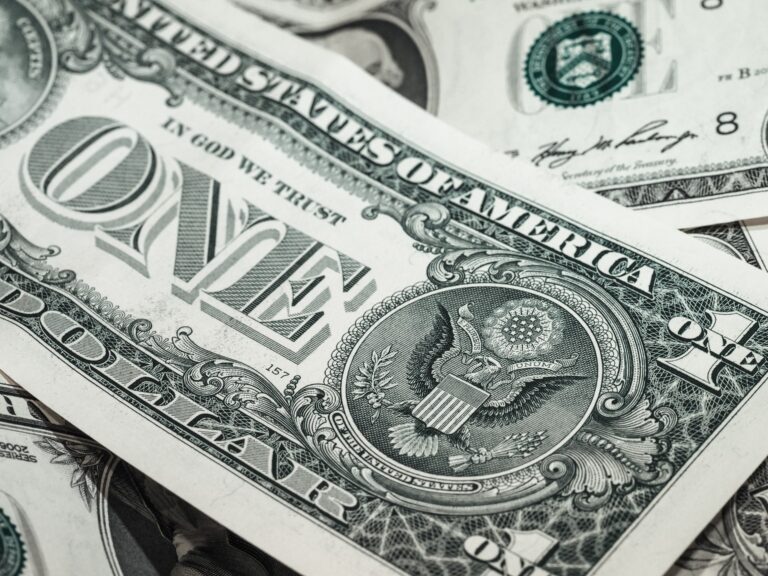
Morning Brief – Yields tumble as fiscal progress is claimed
Yields tumble as fiscal progress is claimed
Having taken immediate action to reverse those promised taxation adjustments that had not yet taken effect or had not yet been passed by Parliament, Chancellor Jeremy Hunt still faces a huge challenge in restoring confidence to UK public finances. Measures that have been reversed include the cut in basic income tax from 20 to 19% and the abolition of the additional rate planned by Kwarteng and Truss to take effect from the next financial year. Those measures that could not be unwound and were already well in motion and passed by Parliament include the reversal of the National Insurance hike due to take effect in the coming days. The initial commitment to fiscal restraint that this government has shown so far, at least from the revenue side of the fiscal equation, have so far wrestled implied inflation levels and implied future Bank of England policy rates back from the brink. For the first time in a long time, there is a distinctly negative correlation between GBP and yields, a relationship that typically sees a positive correlation in normal times.
See below the graph showing how this negative correlation has played out over the past month with higher implied Bank rates reflecting UK risk rather than reward:

To be sure not to over emphasise the achievements of this new government in taming the fixed income markets, it is worth noting that the taming of yields has taken place against a backdrop of moderating borrowing costs globally after a dramatic late September sell-off. This government will need to continue the momentum of fiscal adjustment to more sustainable grounds in order to not provoke a further sell-off in Sterling. So how can it do that?
A reversal of the reversal of the hike in National Insurance would be seen as politically damaging to not just the Chancellor himself but to the Conservative Party. That Party will be fairly keen for the electorate to forget its recent episode of musical chair party leaders (a.k.a hot potato PMs) ahead of the scheduled or premature general election that will be upon us in a maximum of just over two years. Raising the thresholds of taxation for higher and additional rate income tax payers could also damage the loyalty of traditional Conservative Party voters thereby damaging their chances of success in future elections and making this policy relatively unlikely. VAT is one of the strongest levers with which to manipulate the economy at the governmental level. However, raising the marginal cost of every VAT exposed product during a cost of living crisis seems even more irresponsible than it is damaging to growth and economic performance.
So, with this government needing to do more when the budget finally comes around later this month, what policy options remain? Well unless Sunak and Hunt pull a reverse eat out to help out or reverse furlough where diners and employees pay more rather than are paid more for their meal or (lack of) employment contributions, it seems taxation by stealth may be the only way. So-called stealth taxation manifests itself in the form of policies such as freezing personal tax allowances and other thresholds of non-income taxation. By fixing in law the thresholds at which tax is paid the government can demonstrate fiscal responsibility and increase the revenue pool over time without facing the backlash associated with outright tax hikes and spending cuts. In an environment of high inflation these stealth taxes are even faster to take effect and remain a credible policy option for the Chancellor.
Discussion and Analysis by Charles Porter

Click Here to Subscribe to the SGM-FX Newsletter
Related Insights

Daily Brief – Gold
Gold With Gold accounting for the second highest proportion of Central Bank reserves after the USD and the mood music shifting to it assuming a greater influence on future reserves management, it is worth looking at the numbers behind that. In the 1960s, Central Banks held the highest amount historically of 38,000 tons of gold. […]

Daily Brief – US Dollar
US Dollar Markets not liking POTUS pontificating on the Federal Reserve’s interest rate policy on Wednesday, and less still on his view about the competence or otherwise of Chairman Powell. Given the past few weeks, the betting is that Powell’s time is over either being replaced or having a Trump nominee second guessing him but […]

Daily Brief – NATO
NATO This week sees the 32 member countries of NATO convening in The Hague for the annual meeting which this time unsurprisingly is going to attract rather more in the way of news coverage than it has in previous years. The ECFR or the European Council of Foreign Relations has just completed a poll of […]



 Humphrey Percy
Humphrey Percy